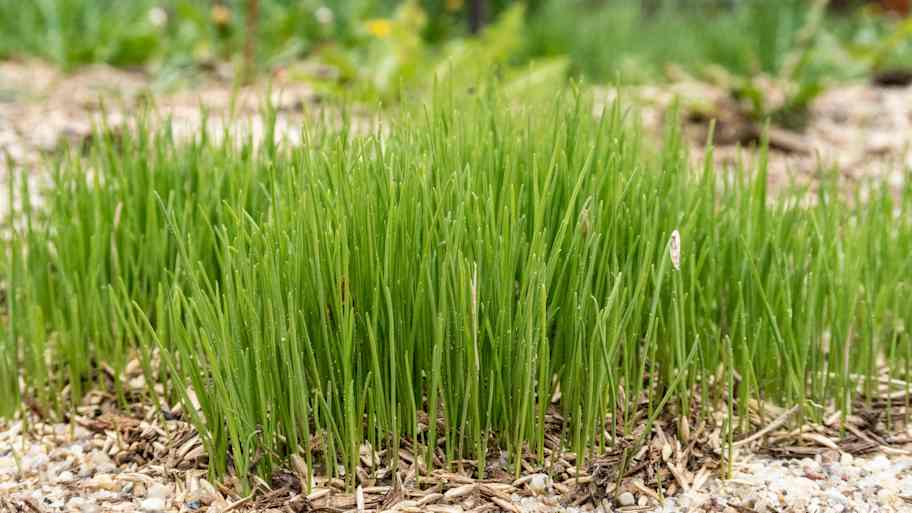
Get matched with top lawn fertilization and treatment specialists in Stanton, NE
Enter your zip and get matched with up to 5 pros
Need a pro for your lawn fertilization and treatment project in Stanton, NE?
Find Lawn fertilization and treatment specialists in Stanton
The Stanton, NE homeowners’ guide to lawn fertilization and treatments
From average costs to expert advice, get all the answers you need to get your job done.
 •
•Discover the cost to fertilize your lawn, including average prices, key factors, and tips to help homeowners budget for a lush, healthy yard.
 •
•Discover average lawn aeration cost, key price factors, and tips to save. Get a clear estimate for your yard and learn how to choose between DIY and hiring a pro.
 •
•Discover average hydroseeding cost, key price factors, and ways to save. Get transparent estimates for your lawn project and make informed decisions for your home.

When your grass keeps dying where a tree used to be, it’s likely because there is a nutrient deficit in the soil in that area. Here’s how to fix it.

Ready to give your yard a fresh start? With these tips for grass seed planting, your lush lawn dreams are one step closer to becoming a reality.

Grass seeds thrive in soil rich in nutrients, but a potting mix will not support your grass’ long-term health. Find out which type of soil is best for grass.
- David City, NE Lawn fertilization and treatment specialists
- Seward, NE Lawn fertilization and treatment specialists
- Valparaiso, NE Lawn fertilization and treatment specialists
- Utica, NE Lawn fertilization and treatment specialists
- Malcolm, NE Lawn fertilization and treatment specialists
- Raymond, NE Lawn fertilization and treatment specialists
- Ceresco, NE Lawn fertilization and treatment specialists
- Beaver Crossing, NE Lawn fertilization and treatment specialists
- Wahoo, NE Lawn fertilization and treatment specialists
- Milford, NE Lawn fertilization and treatment specialists
- York, NE Lawn fertilization and treatment specialists
- Cedar Bluffs, NE Lawn fertilization and treatment specialists
- Mead, NE Lawn fertilization and treatment specialists
- Lincoln, NE Lawn fertilization and treatment specialists
- Dorchester, NE Lawn fertilization and treatment specialists
- Waverly, NE Lawn fertilization and treatment specialists
- Friend, NE Lawn fertilization and treatment specialists
- Mccool Junction, NE Lawn fertilization and treatment specialists
